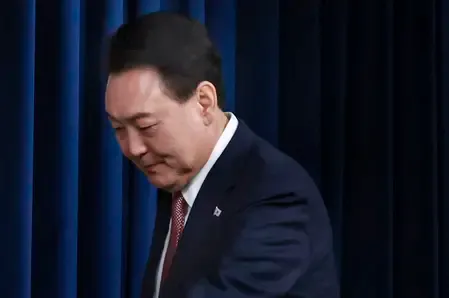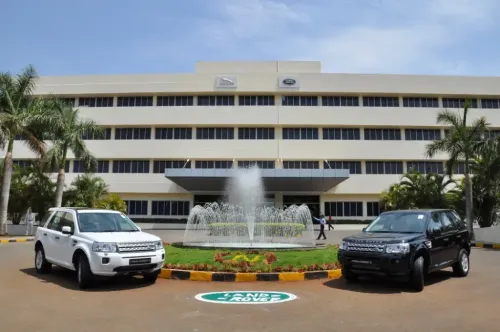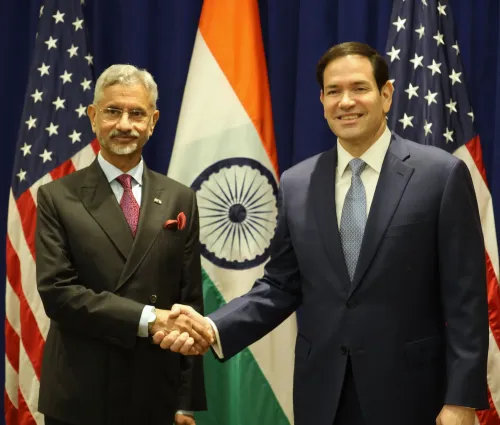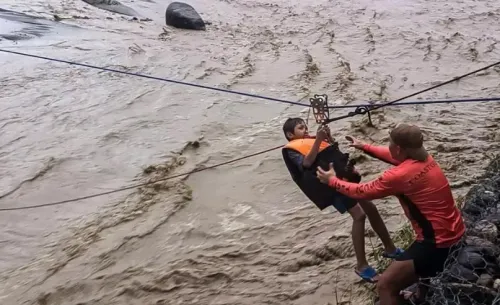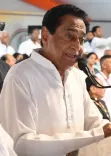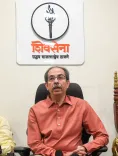Nepal: Government Urges Action Against Ex-King, Pro-Monarchy Protesters Issue Warning
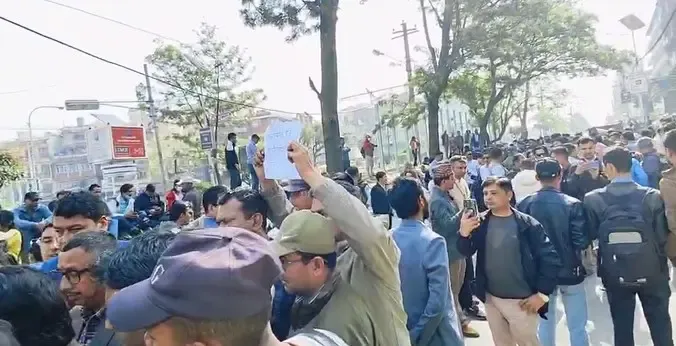
Synopsis
Key Takeaways
- Nepali Congress and Maoist Centre demand accountability from former King Gyanendra Shah.
- Violent protests resulted in two fatalities and numerous injuries.
- RPP warns against dragging the king into political controversy.
- Social media campaigns are calling for the former king's arrest.
- Tensions remain high in Kathmandu following the protests.
Kathmandu, March 30 (NationPress) The ruling party in Nepal, the Nepali Congress, along with the opposition Communist Party of Nepal (Maoist Centre), has called for measures against former King Gyanendra Shah, accusing him of inciting the violent protests that have swept through the nation.
In response, the Rastriya Prajatantra Party (RPP), led by Rajendra Lingden, which supported the demonstrations, cautioned the government against involving the former monarch in the ongoing situation.
Tragically, two individuals lost their lives, and numerous others sustained injuries during clashes between security forces and pro-monarchy activists. The demonstrators demanded the reinstatement of the monarchy, which was abolished in Nepal.
The Nepali Congress, the predominant party in the House of Representatives, accused the former king of orchestrating the violent events that occurred on Friday.
According to The Kathmandu Post, Home Minister Ramesh Lekhak briefed the party, leading to the conclusion that coordinated assaults on media outlets and public and private properties were aimed at instigating chaos. Prakash Sharan Mahat, the Congress spokesperson, stated, "Some are attempting to establish a tyrannical political regime. The targeted attacks resulted in two fatalities. We hold the ex-king accountable for the manner in which the rally was organized and the subsequent assaults."
Simultaneously, the CPN (Maoist Centre) adopted a more confrontational approach towards the former king.
Chairperson Pushpa Kamal Dahal asserted, "We must not let him off the hook. Former King Gyanendra Shah no longer enjoys the privilege of freedom. The Nepali populace will not accept this. He is the mastermind behind all actions of pro-monarchy and pro-Hindu activists across the nation."
The RPP, whose two leaders faced arrest related to the protests, also requested an investigation into the events.
The RPP insisted that the government bears responsibility for the occurrences on Friday and challenged them to arrest the former king.
"We urge the government to apprehend the former king. We are resolute in our stance against dragging the king into controversy. Should the government attempt to arrest him, we will demonstrate our strength," party chair Rajendra Lingden declared to reporters.
The party also threatened to mobilize on the streets if their two detained leaders—senior vice president Rabindra Mishra and General Secretary Dhawal Sumsher Rana—aren't released within 24 hours.
Additionally, a social media campaign has emerged, accusing former King Gyanendra Shah of being the architect behind the violent protests, calling for his arrest.
Tensions escalated in certain areas of Kathmandu when individuals attempted to breach security barricades during the protest. In response, security forces deployed tear gas to disperse the crowd.
Later, police resorted to gunfire to control the situation. Numerous commercial buildings, media establishments, and political party offices faced vandalism and arson, as reported by Nepali news outlet Annapurna Express.
On Saturday, Home Minister Ramesh Lekhak inspected various sites, including Tinkune and Koteshwor, where pro-monarchy supporters caused damage and set structures ablaze.
He remarked, "In a democratic republic, there will be competition. The government and opposition exist according to the people's will. However, unity is essential to counter any orchestrated anarchy against the system."

